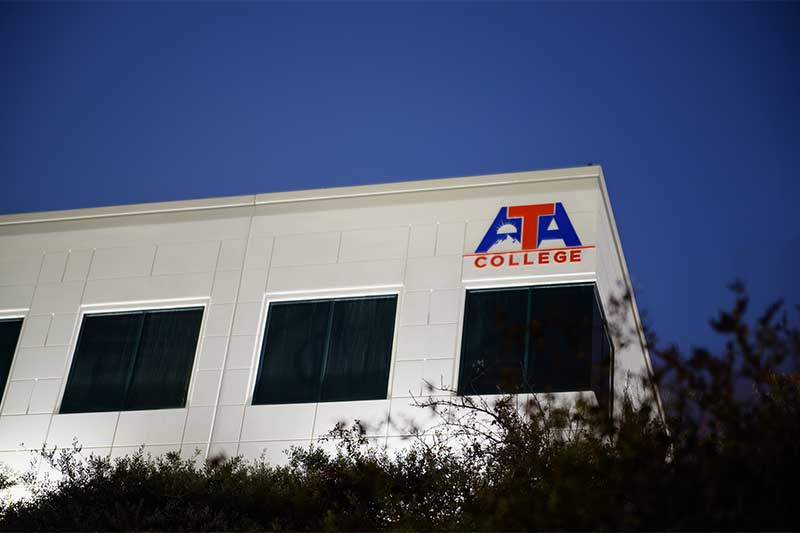In a world where the educational landscape is shifting due to technological advancements and changing job markets, technical colleges offer a streamlined, practical approach to higher education. They are becoming an increasingly appealing option for students looking to jumpstart their careers straight out of school. This segment of the education system—often overshadowed by the allure of four-year universities—holds untapped potential for many. Here’s a list of ten advantages of attending a technical college.
Discover the Top 10 Advantages of Going to a Technical College
Explore the top advantages of enrolling in a technical college. From career-focused curricula to hands-on training and faster entry into the workforce, discover why a technical college might be the smart choice for your future.
1. Focused Curriculum with Practical Training
Technical colleges provide specialized programs designed to prepare students for specific careers. The curriculum is typically centered around gaining hands-on experience and acquiring skills directly applicable in the workplace. Technical schools cut through the general education requirements found at traditional colleges and zero in on what students need to succeed in their chosen fields.
2. Shorter Duration Programs
One of the hallmark benefits of a technical college is the time factor. Most programs can be completed in nine months to two years or less, significantly shorter than traditional universities’ four-year commitment. This allows graduates to enter the workforce earlier and earn an income while their peers at four-year institutions still study.
3. Cost-Effective
Technical colleges are generally more affordable than traditional four-year universities. Lower tuition means students can save substantially on their education, often graduating with less debt. This financial advantage creates a lighter load for students and their families, making higher education more accessible to a broader demographic.
4. Smaller Class Sizes
With an emphasis on focused learning and practical skills, technical colleges often have smaller classes than larger universities. This setting provides students with more direct interaction with instructors, facilitating a better learning environment for receiving individualized attention and support.
5. Employment-Focused Education
Programs in technical colleges are designed with employment in mind. They are tailored to meet the needs of local and regional employers, and many have connections with industries that facilitate internships, externships, and job placements post-graduation. This alignment with the labor market ensures that technical college graduates possess the competencies and skills that are in demand.
6. Career Services and Support
Technical colleges typically have robust career services to aid their students in job placement. From resume writing workshops to interview prep sessions and job fairs, these institutions provide support to ensure that students are well-equipped to secure employment in their field of study upon completion of their program.
7. Flexibility for Students
Many technical college students are working adults, parents, or individuals who require a more flexible academic schedule. Technical colleges offer night classes, part-time programs, and online options that allow students to balance education with other responsibilities.
8. Industry-Standard Equipment and Techniques
Technical colleges invest in industry-standard equipment to properly prepare students for their careers and teach the latest techniques professionals use. Such resources and up-to-date teachings are only sometimes available at traditional institutions where education may be more theory-based than hands-on.
9. Strong Sense of Community
The intimate learning environment of technical colleges fosters a strong sense of community among students and faculty. With everyone focused on similar professional goals, it’s easier to form study groups, networks, and friendships that last beyond graduation and can assist in career development.
10. Pathways for Continuing Education
Graduates from technical colleges who wish to continue their education often find that their credits can be transferred to a four-year institution. This provides a pathway for those who decide later on to pursue a bachelor’s degree or higher, giving them the flexibility to ladder their education in segments that work best for their circumstances.
Why should ATA College be Your Choice for Schooling?
If you’re looking for a college that provides hands-on training with experienced instructors in a supportive environment, look no further than ATA College. ATA’s commitment to student success is reflected in its small class sizes, state-of-the-art facilities, and career-focused programs.
With healthcare, criminal justice, and technology programs, ATA offers various options for students to pursue their career dreams. ATA College can help you achieve your goals with practical, real-world education, whether you’re just starting or looking to make a career change. Join the ATA College community today and take the first step towards a brighter future.
Conclusion
In conclusion, the advantages of attending a technical college are manifold. From the practical, employment-focused education to the cost-effectiveness and community atmosphere, these institutions are essential in today’s higher education landscape. They offer an alternative path to career readiness—one imbued with immediacy and relevance in the modern world.
The value proposition that technical colleges present is hard to overlook, given the blend of theoretical knowledge and hands-on experiences they offer. They prepare individuals ready to meet the workforce’s immediate needs, armed with the skills and training that employers seek. With their student-centered approach and industry alignment, technical colleges are not just a viable option but may be the best choice for many prospective students looking to craft a successful future.
Whether fresh out of high school, looking to switch careers, or aiming to gain additional certifications and skills, a technical college could provide the platform to achieve your goals efficiently and economically. It’s an educational choice that deserves consideration, especially in a competitive job market that prioritizes skill, agility, and practical knowledge.





